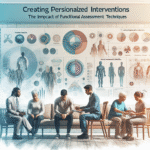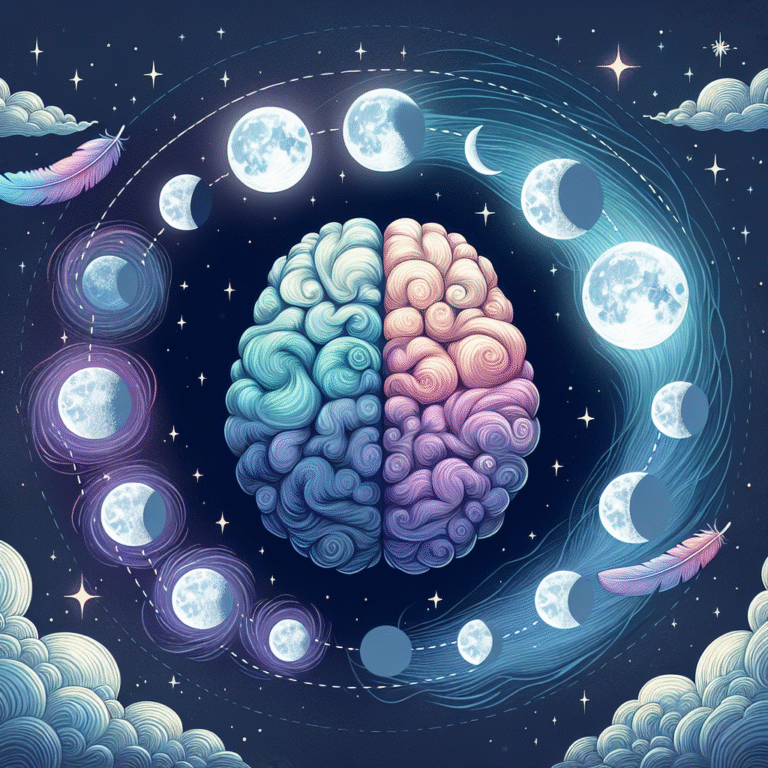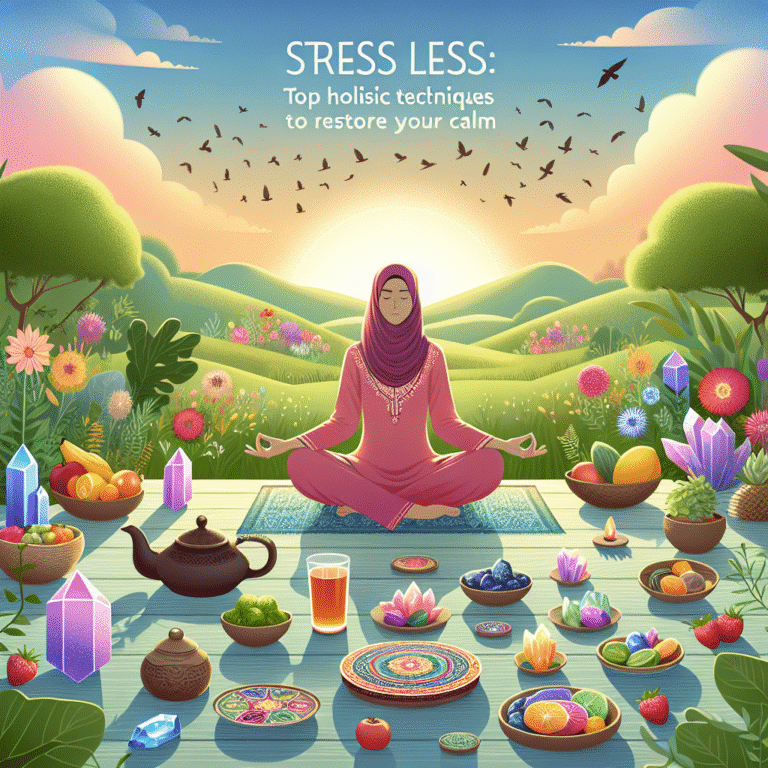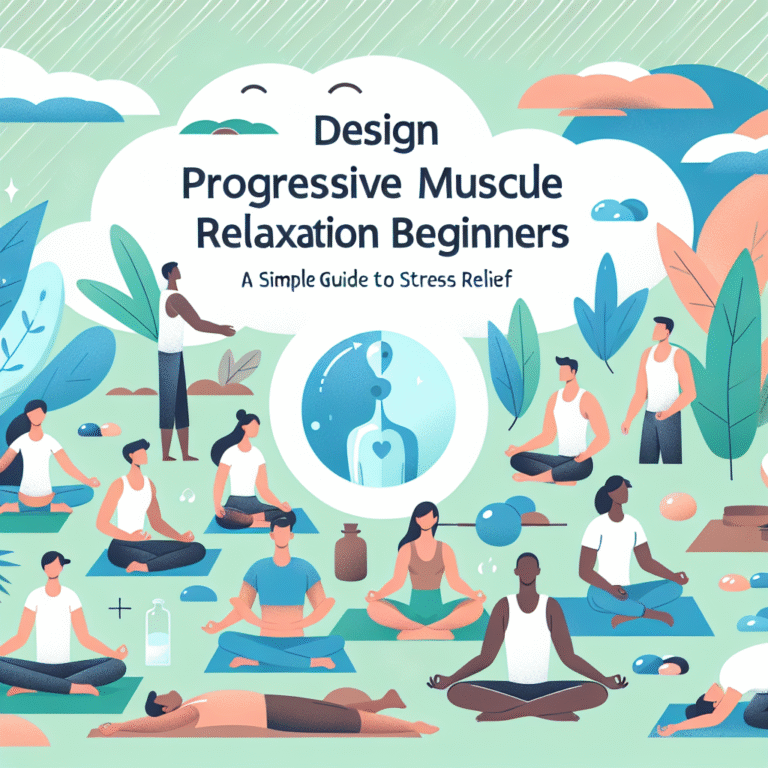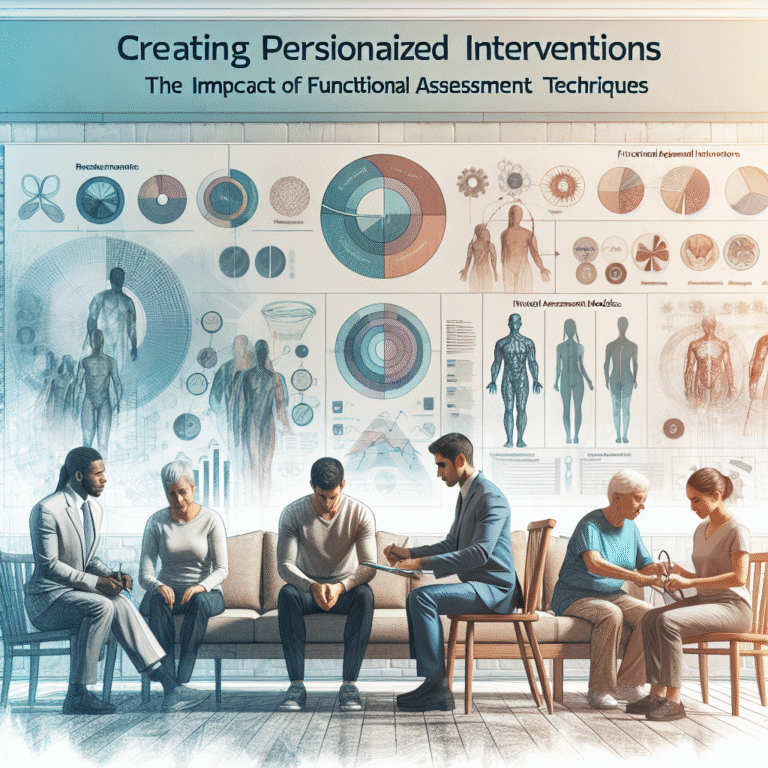
From Night Owl to Early Bird: Proven Natural Tips to Beat Insomnia
Introduction
In our fast-paced world, sleep often takes a back seat. The struggle against insomnia can feel relentless and frustrating, particularly for self-identified night owls—the ones who thrive when the stars are out but crash as the sun rises. If you’ve ever found yourself staring at the ceiling at 3 AM, you’re certainly not alone. According to the CDC, over a third of adults don’t get enough sleep, which signifies a widespread issue with potentially debilitating effects.
However, it is possible to transition from a night owl disposition to an early bird routine without sacrificing your sanity. In this article, we will delve into From Night Owl to Early Bird: Natural Tips to Beat Insomnia, providing practical strategies that you can implement immediately, backed by scientific research and real-world success stories.
Understanding Insomnia
Before embarking on our journey from night owl to early bird, it’s crucial to grasp what insomnia is. It’s not simply a lack of sleep; it’s a complex condition that can manifest as difficulty falling asleep, staying asleep, or waking up too early. People with insomnia often experience daytime fatigue, mood disturbances, and difficulty focusing, which can impact overall quality of life.
The Science Behind Sleep Cycles
Our sleep is regulated by a circadian rhythm, an internal clock that operates on a roughly 24-hour cycle. This biological mechanism not only influences our sleep-wake patterns but also our hormone levels and body temperature. Night owls tend to have a delayed circadian rhythm, making it challenging for them to fall asleep early.
The Journey from Night Owl to Early Bird
Transitioning your sleep pattern is not just about waking up earlier—it’s about reshaping how your body perceives sleep and wakefulness. Here’s how to effectively make this transition:
1. Gradual Adjustment of Sleep Schedule
Instead of shifting your bedtime drastically, aim to adjust your sleep schedule by 15-30 minutes every few days. This gradual transition helps your body adapt without throwing off your circadian rhythm.
- Case Study: Emily, a graphic designer, struggled with her night owl habits, often working late into the night. By gradually adjusting her bedtime from 2 AM to 11 PM over a two-week period, she minimized feelings of deprivation and reported better focus and productivity during the day.
| Adjusted Schedule | New Bedtime | New Wake Time |
|---|---|---|
| Day 1 | 2:00 AM | 10:00 AM |
| Day 5 | 1:30 AM | 9:30 AM |
| Day 10 | 1:00 AM | 9:00 AM |
| Day 15 | 12:00 AM | 8:00 AM |
| Day 20 | 11:00 PM | 7:00 AM |
2. Embrace Morning Light
Light plays an essential role in regulating your sleep-wake cycle. Morning sunlight exposure helps reset your circadian rhythm and signals your body that it’s time to be awake.
-
Natural Tip: Open your curtains wide first thing in the morning and, if possible, spend at least 20 minutes outside.
- Case Study: Mark, a software engineer, utilized morning sunlight to set his internal clock. He found that his energy levels soared, and his sleep improved drastically over just a few weeks after adjusting his morning light exposure.
3. Create a Bedtime Routine
Design a calming bedtime routine that signals to your body that it’s time for rest. This could involve activities like reading, practicing meditation, or gentle stretching.
-
Natural Tip: Avoid screens (phones, tablets, TV) for at least an hour before bed, as blue light can suppress melatonin production.
- Case Study: Sarah found solace in nighttime yoga. She crafted a 30-minute routine that helped distract her mind from work stresses, allowing her to transition into sleep more smoothly.
4. Limit Stimulants
Caffeine and nicotine can keep you awake longer than anticipated. Aim to reduce your intake, particularly in the afternoon and evening hours.
- Natural Tip: Replace your last cup of coffee with herbal tea, such as chamomile, which is known for its calming effects.
5. Foster a Sleep-Inducing Environment
Your bedroom should be a sanctuary for sleep. Aim for:
- A dark room, using blackout curtains if necessary
- A cool temperature (between 60-67°F is ideal)
-
Minimal noise, using white noise machines or earplugs as needed
- Case Study: When Peter invested in blackout curtains and a sound machine, he reported sleeping more soundly than he had in years and became more productive during daylight hours.
Additional Strategies to Beat Insomnia
6. Nutrition’s Role in Sleep Quality
What you eat can impact your sleep patterns significantly. Foods rich in magnesium (e.g., nuts, seeds, leafy greens) and tryptophan (e.g., turkey, cheese) can promote better sleep.
- Natural Tip: A light snack before bed, such as Greek yogurt with a sprinkle of nuts, can encourage sleep production.
7. Incorporate Relaxation Techniques
Techniques such as mindfulness meditation, deep-breathing exercises, and progressive muscle relaxation have been found beneficial for those suffering from insomnia.
- Case Study: After integrating meditation into his routine, Alex discovered that he could calm racing thoughts and drift into slumber more easily.
| Technique | Description | Benefits |
|---|---|---|
| Mindfulness Meditation | Practicing awareness in the present | Reduces anxiety, promotes relaxation |
| Deep-Breathing Exercises | Focusing on inhales and exhales | Lowers heart rate, increases tranquility |
| Progressive Muscle Relaxation | Systematically relaxing muscle groups | Reduces physical tension, calms mind |
The Power of Sleep Hygiene
Sleep hygiene refers to habits and practices that promote consistent, uninterrupted sleep. Simple changes can make a substantial impact:
-
Stick to a Schedule: Consistency is critical. Go to bed and wake up at the same time daily, even on weekends.
-
Limit Naps: If you must nap, keep it short (20-30 minutes) and avoid late-afternoon naps.
- Exercise Regularly: Physical activity can help you fall asleep faster and enjoy deeper sleep, but avoid vigorous workouts close to bedtime.
Wrapping It Up: FAQs about Transitioning to Early Birds
-
Can’t I just take sleep medication?
Using sleep medication can mask insomnia issues rather than healing them. Natural methods for improving sleep not only provide immediate relief but also support long-term health. -
How long will it take to become a morning person?
Transitioning from a night owl to an early bird can take several weeks, depending on individual factors. Patience and consistency are key. -
What if I still can’t fall asleep?
If persistent insomnia occurs, consider consulting a healthcare professional for guidance, particularly if lifestyle changes don’t help. -
Is there a “best time” to wake up?
The best wake-up time varies for everyone. However, aligning your waking hours with natural light cycles can optimize your alertness and mood. - Can naps affect my sleep schedule?
Yes, long or late-naps can disrupt your nighttime sleep cycle. Keep them brief and early if you must nap.
Conclusion
The journey from night owl to early bird is indeed possible, but it requires commitment, consistency, and an understanding of your body’s needs. By implementing the natural tips to beat insomnia discussed in this article, not only will you unlock better sleep patterns, but you’ll also enhance your overall well-being. Say goodbye to those late-night scrolling sessions and welcome the invigorating embrace of morning light! Remember, the goal is not just to rise early, but to feel energized and ready for the day ahead.
Taking these small, impactful steps can lead you on the path to a fulfilling and restful night’s sleep, transforming your daily existence. Embrace the change and thrive in the daylight!



